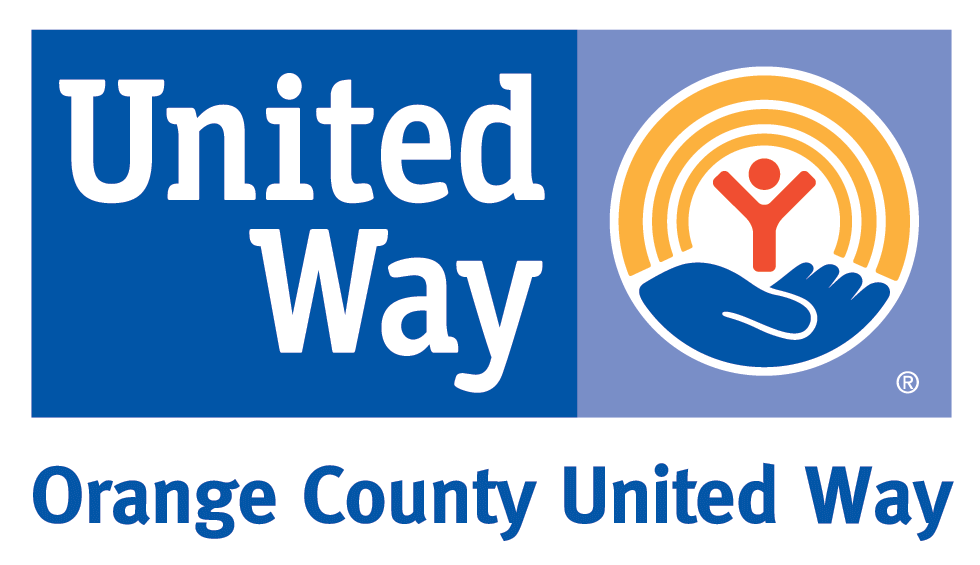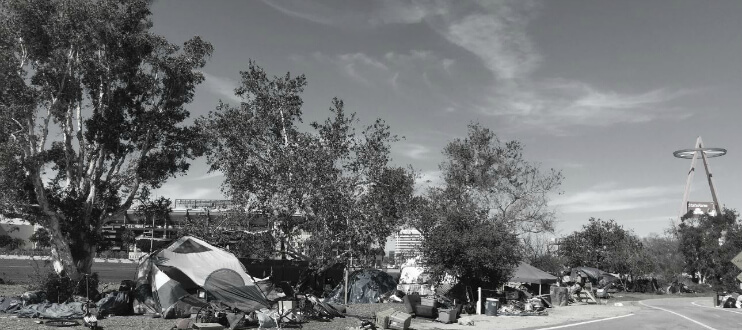IRVINE, CA (November 15, 2017) – Homelessness in Orange County – The Costs to our Community, one of the nation’s most comprehensive and groundbreaking cost studies on homelessness, has been released and is now available on the Orange County United Way website.
The study was co-commissioned by Orange County United Way and Jamboree, and was conducted by the University of California, Irvine, Department of Sociology.
The purpose of the study was to better understand how much is spent by the County of Orange, Orange County’s 34 municipalities, and local non-governmental service agencies – including hospitals and non-profits – to provide services to the local homeless population.
It also examined variation in the costs of serving the homeless across different housing sectors as well the cost effectiveness of different models employed to address homelessness.
“While the true cost of homelessness is the personal impact felt by those without a place to sleep at night, this study demonstrates that every Orange County taxpayer, whether he or she lives in north, central or south county, bears the financial burden of this growing problem,” explained Sue Parks, CEO of Orange County United Way. “What’s more, this study provides a clear blueprint for local government, community and non-profit leaders looking for cost effective solutions to homelessness.”
The study also debunked some commonly held myths about Orange County’s homeless population, assumed by many to have come from another state or country.
“The vast majority of Orange County’s homeless, whether male or female, are U.S. citizens and long-term Orange County residents of over 10 years,” explained UCI sociology Professor David Snow, who along with Professor Rachel Goldberg authored the study. “Well over two-thirds are 10-year plus Orange County residents and 90 percent are U.S. citizens.”
The study further found that the factors precipitating homelessness were primarily economic in nature.
Struggling to stay afloat due to Orange County’s well-publicized high cost of living, most of those at risk of or dealing with actual homelessness say it’s due to economic factors (lack of affordable housing, inability to retain jobs with sustainable wages, or the death of a key wage-earning family member). Still others cite domestic violence or other family dysfunctions for their housing instability.
“Too many point to substance abuse or mental health issues as reasons why so many are homeless,” said Laura Archuleta, president of Jamboree. “Those problems are real and do exist but only in less than a quarter of the homeless population. This study confirms what those of us working closely with this population have known for quite some time: that the vast majority of Orange County residents at risk of or are physically homeless are so because they simply can’t afford a permanent home.”
Orange County United Way, Jamboree and the study’s authors will present this homelessness cost study to key government, non-profit and private sector leaders as they continue actively working to end homelessness in Orange County. This includes several recommendations designed to achieve a higher level of housing for the county’s homeless population and to realize the cost savings associated with permanent housing. They’re confident this study will indeed help guide decision makers and funders as they chart a course for success.
To learn more about or download a copy of Homelessness in Orange County – The Costs to our Community, please visit https://www.unitedwayoc.org/resources.
NEWS CONTACTS:
Michael Suydam
21Strat 949.981.5008, mike@21strat.com
ABOUT ORANGE COUNTY UNITED WAY: Today’s Orange County United Way fights for the Education, Health, Housing and Financial Stability of every person in Orange County. We focus on long-term solutions to the most critical interconnected challenges facing local children and families. Through our 10-year collaborative, community-wide action plan, “FACE 2024” (an acronym for Fund, Advocate, Collaborate, Educate), by 2024 we will cut the high school dropout rate in half, increase the number of healthy youth by one-third, cut the percentage of homeless and housing-insecure children in half and reduce the percentage of financially unstable families by 25%. By mobilizing local businesses, community organizations, governmental agencies and individuals, we make a long-term measurable difference in our community. UNITED4OC, we change the lives of adults and children right here in Orange County and create a brighter future for every one of us. To learn more or to join our fight, visit www.unitedwayoc.org.
ABOUT JAMBOREE: Founded in 1990, Irvine, CA-headquartered Jamboree Housing Corporation is an award-winning, broad-based nonprofit housing development company that develops, acquires, renovates and manages permanently affordable rental and ownership housing throughout California for working families, seniors and people with special needs. A leading community development organization, Jamboree is committed to sustaining excellence with high quality affordable housing that benefits the environment, the economy and local communities. It currently has $280 million in affordable housing projects in its development pipeline and a $1.1 billion asset portfolio that includes the development of and/or ownership interest in more than 8,200 homes in more than 88 California communities. For more information, visit www.jamboreehousing.com.
About the University of California, Irvine: Founded in 1965, UCI is the youngest member of the prestigious Association of American Universities. The campus has produced three Nobel laureates and is known for its academic achievement, premier research, innovation and anteater mascot. Led by Chancellor Howard Gillman, UCI has more than 30,000 students and offers 192 degree programs. It’s located in one of the world’s safest and most economically vibrant communities and is Orange County’s second-largest employer, contributing $5 billion annually to the local economy. For more on UCI, visit www.uci.edu.







